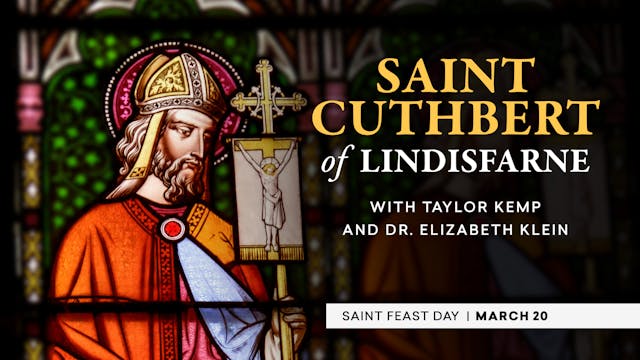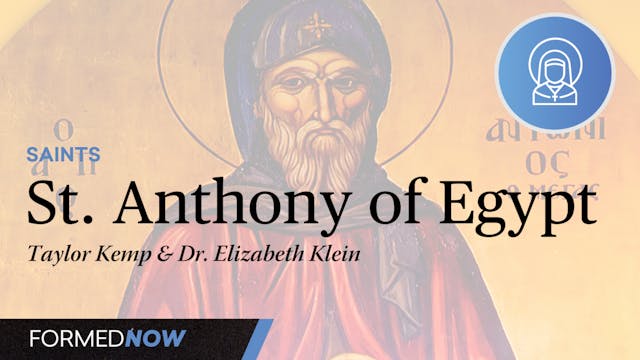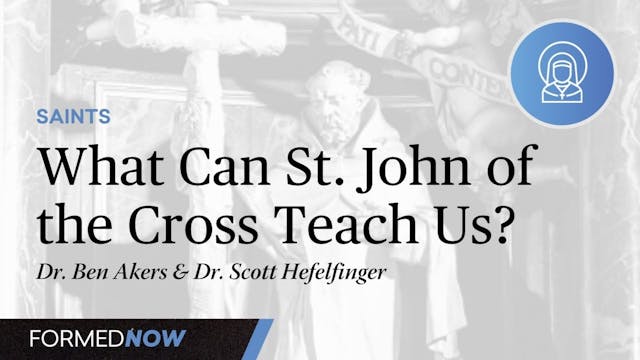Set in Spain in the 1800s, this dramatic feature film tells the compelling story of St. Anthony Mary Claret, an Archbishop, writer, publisher, social reformer, missionary, and confessor to the Queen of Spain. Claret, one of Spain’s most popular preachers, founded the religious congregation of the Missionary Sons of the Immaculate Heart of Mary, known as the Claretians.
Regarded as the “spiritual father of Cuba” due to his zealous missionary work there, Claret’s apostolic work also took him to the Canary Islands, Madrid, Paris, and the First Vatican Council. Before the priesthood, he was a professional weaver in the textile mills of Barcelona. After being ordained, he spent 10 years giving popular missions and retreats, always placing great emphasis on the Eucharist and devotion to the Immaculate Heart of Mary. The Rosary was never out of his hand.
Appointed to the greatly neglected archdiocese of Santiago, Cuba, he began its reform by ceaseless missions and hearing confessions and suffered bitter opposition for opposing concubinage and slavery. His solution for the misery of Cubans was family-owned farms producing a variety of foods for the family’s own needs and for the market. This invited the great enmity of the vested interests who wanted everyone to work on a single cash crop—sugar. Surviving 14 attempts on his life, he went back to Spain to be the confessor of the Queen and also founded a major Catholic publishing house, printing hundreds of books and pamphlets on Catholicism. Claret died in 1870 and was canonized as a saint in 1950.
Up Next in Saints
-
St. Cuthbert of Lindisfarne | Catholi...
Dr. Elizabeth Klein and Taylor Kemp discuss the life of St. Cuthbert of Lindisfarne from Northern England, a lesser-known saint in the Church today but a beloved bishop of his time. Known for his amiable personality and unique relationship with otters, St. Cuthbert radiated persistent cheerfulnes...
-
Saint Anthony of Egypt | Catholic Saints
In this episode, Dr. Elizabeth Klein and Taylor discuss St. Anthony of Egypt, or "Anthony the Great," a hermit who lived from around 251 to 356 A.D. Anthony is widely regarded as the most famous of the Desert Fathers, a class of Christians who fled to the wilderness in order to give themselves wh...
-
What Can St. John of the Cross Teach ...
Dr. Ben Akers sits down with Dr. Scott Hefelfinger to discuss Doctor of the Church, St. John of the Cross. This discussion touches on St. John of the Cross's life, his teaching on prayer, and his example of holiness.




13 Comments